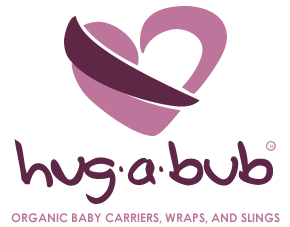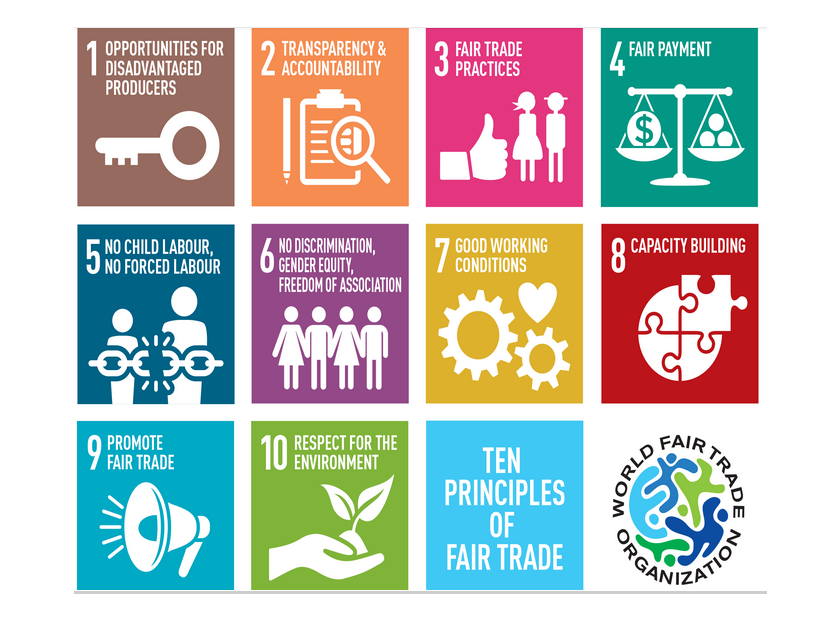A decision that affects our world, our future, our neighbours and our family is made every time we buy or sell a product.
At Hug-a-Bub we insist our baby carriers are manufactured only by partners who are certified Fair Trade and who use certified organic fabrics, but what does that mean for you?
Well, can we share the 10 Principles of Fair Trade certification, so you know why we chose a Fair Trade partner, why you should tell others to buy Fair Trade, and why Hug-a-Bub parents carry their babies with a clear conscience?
Principle One: Creating Opportunities for Economically Disadvantaged Producers
Poverty reduction through trade enables even small producers to move from income insecurity and poverty to economic self-sufficiency and ownership.
Principle Two: Transparency and Accountability
The certifying organisation involves employees, members and producers in its decision-making processes.
Principle Three: Fair Trading Practices
The organisation trades with concern for the social, economic and environmental well-being of marginalised small producers and does not maximise profit at their expense.
Principle Four:Payment of a Fair Price
Socially acceptable remuneration (in the local context) considered by producers themselves to be fair is paid, and it is equal pay for equal work by women and men.
Principle Five:Ensuring no Child Labour and Forced Labour
The organisation adheres to the UN Convention on the Rights of the Child and ensures that there is no forced labour in its workforce.
Principle Six:Commitment to Non Discrimination
The organisation does not discriminate in hiring, remuneration, access to training, promotion, termination or retirement based on race, caste, national origin, religion, disability, gender, sexual orientation, union membership, political affiliation, HIV/AIDS status or age.
Principle Seven:Ensuring Good Working Conditions
The organisation provides a safe and healthy working environment and complies, at a minimum, with national and local laws and ILO conventions on health and safety.
Principle Eight:Providing Capacity Building
Fair Trade helps producers improve their management skills, production capabilities and access to markets
Principle Nine:Promoting Fair Trade
The certifying body promotes greater justice in world trade through Fair Trade.
Principle Ten: Respect for the Environment.
Fair Trade products use production technologies that seek to reduce energy consumption and where possible use renewable energy technologies that minimise greenhouse gas emissions. They seek to minimise the impact of their waste stream on the environment. All organisations use recycled or easily biodegradable materials for packing to the extent possible, and goods are dispatched by sea wherever possible.




